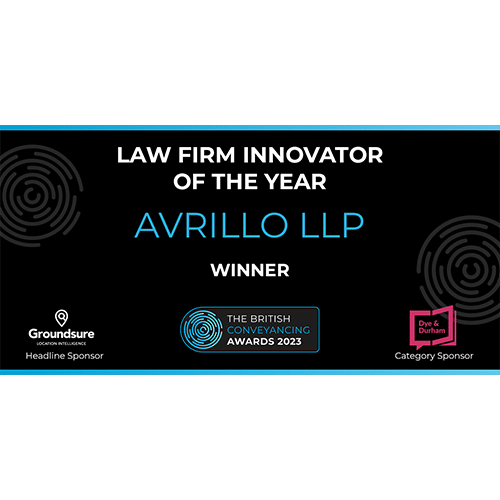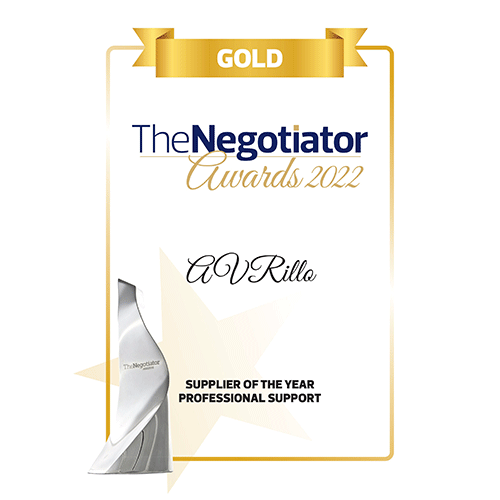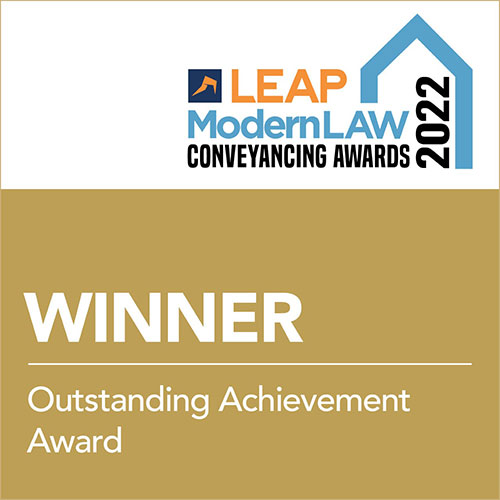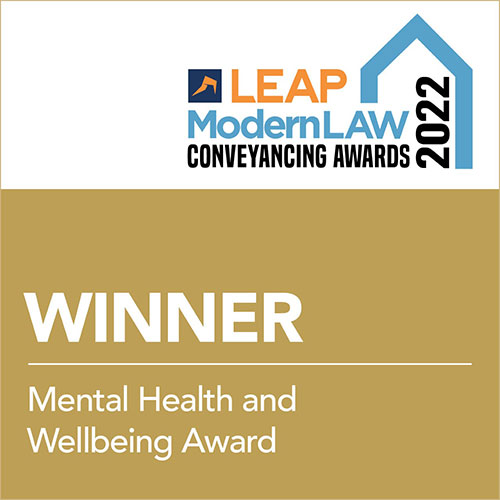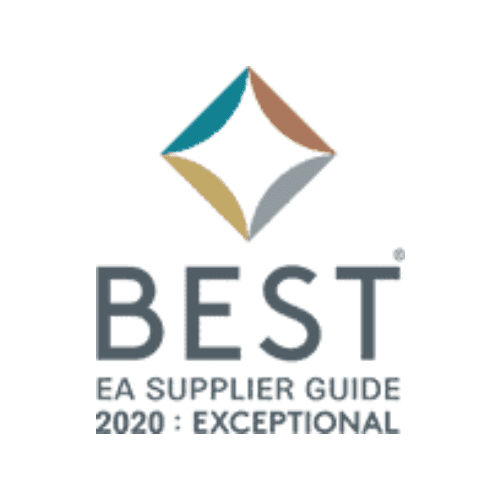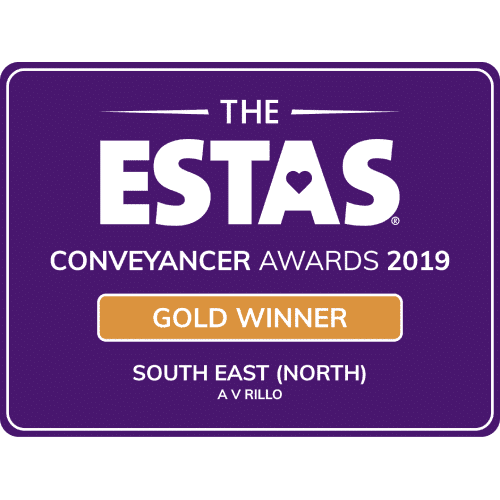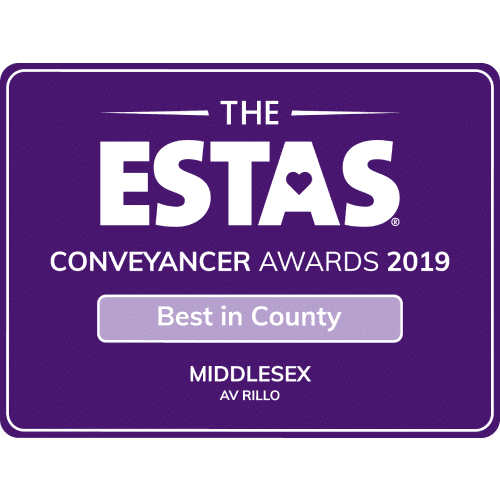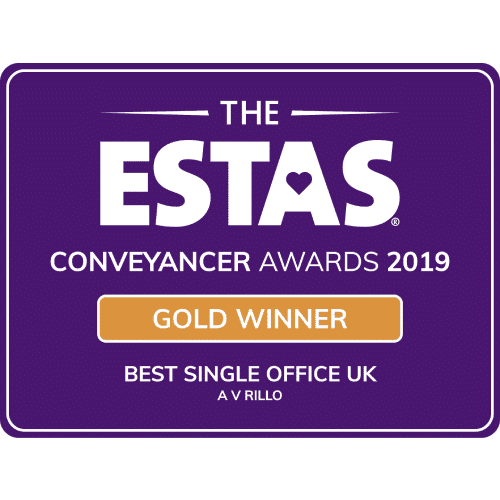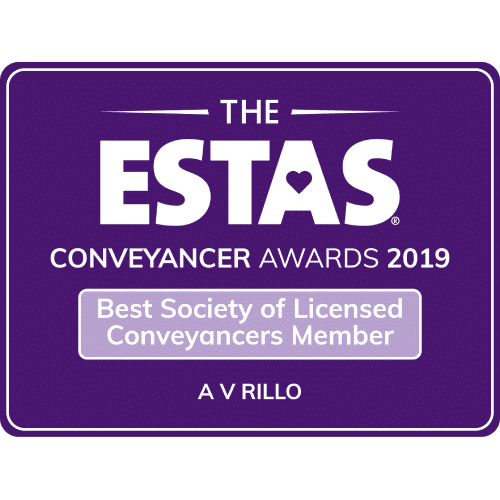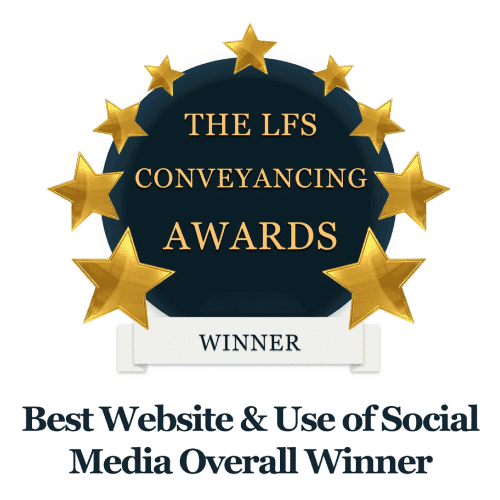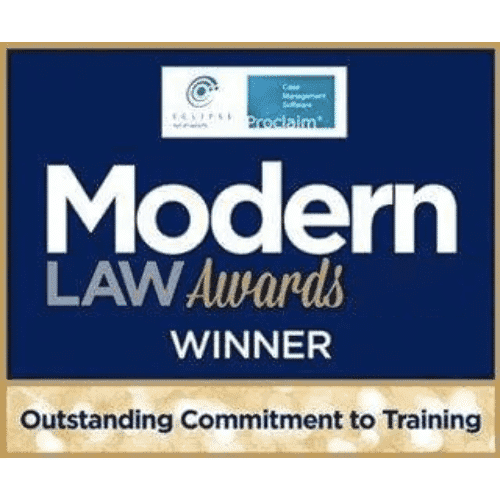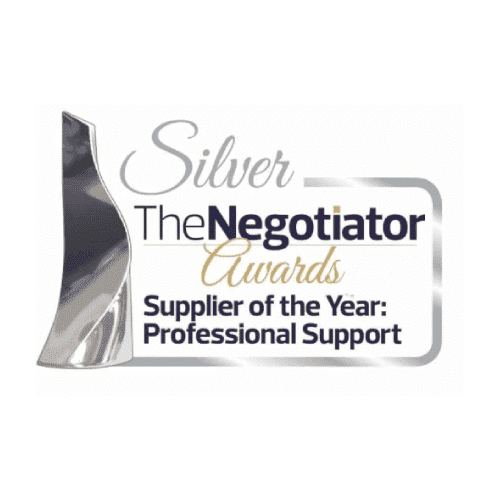

and start saving money now
and start saving money now
Get a FREE Conveyancing Quote
Award-Winning Conveyancing Solicitors in Essex - AVRillo Conveyancers
Why You Should Consider Residential Conveyancing Solicitors in Essex
 We Provide All Types of Property Conveyancing Services in EssexAVRillo offers several conveyancing services in Essex. These include:
We Provide All Types of Property Conveyancing Services in EssexAVRillo offers several conveyancing services in Essex. These include:
• Full-service conveyancing
• Half-service conveyancing
• Flat fee conveyancing
• No charge conveyancing
Our team of conveyancers will be able to advise you about which type of conveyancing package is right for you. They will also be able to explain how each option works and what they entail. You Don't Need to Pay Any Fees UpfrontWhen you choose AVRillo as your conveyancing solicitor in Essex, you won't have to pay any upfront fees. This means that you won't incur any costs before you get started.
You Don't Need to Pay Any Fees UpfrontWhen you choose AVRillo as your conveyancing solicitor in Essex, you won't have to pay any upfront fees. This means that you won't incur any costs before you get started. The Conveyancing Process is SimpleIf you want to do your conveyancing, you may find it challenging to understand the whole process. However, if you use AVRillo as your solicitor, you won't have to worry about anything. Our conveyancing lawyers will take care of everything from start to finish.
The Conveyancing Process is SimpleIf you want to do your conveyancing, you may find it challenging to understand the whole process. However, if you use AVRillo as your solicitor, you won't have to worry about anything. Our conveyancing lawyers will take care of everything from start to finish. We Offer Free QuotesAs soon as you contact us, we will send you a quote for your conveyancing needs. The section will give you an idea of how much money you could save by using our services.
We Offer Free QuotesAs soon as you contact us, we will send you a quote for your conveyancing needs. The section will give you an idea of how much money you could save by using our services. We Offer Flexible Payment OptionsAVRillo offers flexible payment options so that you can make payments whenever you like. There are different ways in which you can pay for our services. Some of these include:
We Offer Flexible Payment OptionsAVRillo offers flexible payment options so that you can make payments whenever you like. There are different ways in which you can pay for our services. Some of these include:
• Cash
• Cheque
• Bank transfer
• Paypal
• Amazon Payments
• Google Wallet
• Apple Pay
You can even pay for our services via your phone! We are Certified Conveyancing Solicitors in EssexAll of our conveyancers hold the appropriate qualifications to carry out conveyancing transactions. In addition, they undergo regular training to ensure that they stay up to date with current legislation.
We are Certified Conveyancing Solicitors in EssexAll of our conveyancers hold the appropriate qualifications to carry out conveyancing transactions. In addition, they undergo regular training to ensure that they stay up to date with current legislation. We Have Accredited Members of the Association of Residential Conveyancers in EssexWe have accredited members of ARC. This means that we abide by the association's code of conduct. It also means that we follow strict guidelines when carrying out conveyancing transactions.
We Have Accredited Members of the Association of Residential Conveyancers in EssexWe have accredited members of ARC. This means that we abide by the association's code of conduct. It also means that we follow strict guidelines when carrying out conveyancing transactions. We are Licensed to Practice Law in England & WalesTo practice law, a person must first pass the Professional Conduct Committee exams. Once they have passed the exams, they must go through the Legal Practice Course. After passing both of these exams, they can become qualified as a legal practitioner.
We are Licensed to Practice Law in England & WalesTo practice law, a person must first pass the Professional Conduct Committee exams. Once they have passed the exams, they must go through the Legal Practice Course. After passing both of these exams, they can become qualified as a legal practitioner. We Are Expert Residential Conveyancing SolicitorsOur Essex conveyancing solicitors have years of experience in the industry. As such, they know exactly how to handle every aspect of the conveyancing process.
We Are Expert Residential Conveyancing SolicitorsOur Essex conveyancing solicitors have years of experience in the industry. As such, they know exactly how to handle every aspect of the conveyancing process.
Recent Reviews
Conveyancing Lawyer Essex- FAQs
What Types Of Property Can I Buy?
You can buy almost anything from a house to a business. However, there are some things that you cannot purchase. For example, you cannot buy land or property that has been declared as a conservation area.
What is a Lease Extension?
A lease extension is where someone extends their existing lease agreement. If you wish to extend your current lease agreement, then you should speak to your landlord. Your landlord will be able to tell you whether this is possible.
How Much Does a Lease Extension Cost?
A lease extension usually involves extending the term of a lease. If you decide to extend the duration of your lease, you will be charged rent on this extra time. The amount of rent depends on the length of the new lease period.
Can I Sell My Home Without Selling My House?
Yes, you can sell your home without having to sell your house. However, you will not be able to live in both places at once. Therefore, you will either have to move into a smaller home or leave your house empty until you need to return to it.
Do I Need To Be Licensed To Sell Real Estate?
No, you don’t need to be licensed to sell real estate. However, you should register with the Land Registry before selling any property. This way, people will know where the property is located and who owns it.
How Do I Know That My House Is Worth More Than What I Paid For It?
Many factors affect the value of a property. These include location, condition, age, size, and more. When buying a property, you should always look at all of these aspects. This way, you will get an idea of what the property is worth.
How Much Will A Mortgage Payment Cost Me?
The mortgage payment is the monthly sum that you will have to pay towards your loan. The amount of money you pay each month varies depending on the type of loan you take out. The interest rate is one factor that determines the amount that you pay each month.
Are There Any Fees Associated With Buying A Home?
When buying a home, there are no fees associated with the transaction. However, if you want to improve the property, you may have to pay for them.
Do I Need a Conveyancer for a Re-Mortgage?
If you want to refinance your current mortgage, you do not need a conveyancer. However, if you wish to change the terms of your existing mortgage, then you will need to use a conveyancer.
Is it Better to Hire a Lawyer or Use an Online Conveyancer?
It is best to use an online conveyancer when purchasing a property because it saves time and money. An online conveyancer allows you to complete the entire transaction from start to finish.
Can I Stay on My Property After Completion?
Yes, you are allowed to stay in your property after completing the Sale. However, it would be best if you inform your solicitor about your plans. They will ensure that they send a letter to the Land Registry so that the property becomes yours.
How Long Does It Take To Get A Conveyance Order?
The process of getting a conveyance order takes between 10 days and 30 days. In most cases, it will take less than 30 days.
What is a Legal Pack for Auction?
Legal packs are documents that contain information regarding the property being sold. Solicitors provide legal packs to help buyers understand how much their bid will cost.
How Can I Make Sure That I Don't Lose Money On A Property Purchase?
You can make sure that you don’t lose money on property purchases by using a conveyancer. Using a conveyancer means that you won’t have to visit a solicitor. Instead, you can fill out the forms and submit them to the conveyancer.
What Are Some Tips For Choosing A Good Conveyancer?
Choosing a suitable conveyancer is easy. All you have to do is ask around for recommendations. If possible, choose someone who has experience working with property transactions.
Why Should You Use An Online Conveyancer?
Using an online conveyancer is the best option for those who want to buy a property quickly. By doing this, you save yourself time and money.
What is a Contract Race?
A contract race is when two parties agree to sell a property within a certain period. Both parties will be required to provide evidence that they have completed the deal. However, a contract race is often based on the first to Sale.
What is a Sale?
A sale is when one person sells another person’s property without going through a court procedure. On the other hand, a contract of Sale is when both parties sign a document which states what they intend to do with the property.
What Is The Difference Between A Deed And A Mortgage Deed?
A deed is a legal document that transfers ownership of land to another individual. This is done through signing a document called a grantor deed. On the other hand, a mortgage.
What Is A Title Search, And How Do I Conduct One?
A title search involves searching through public records to find any liens against the property. Once you find any liens, you must contact the party responsible for paying off the lien.
What's The Difference Between A Sale And A Contract Of Sale?
Sale refers to when a seller agrees to sell their property to another individual. On the other hand, a contract of sale is a written agreement between the buyer and the seller.
What Is A Mortgage Deed?
A mortgage deed is a legal document that allows a lender to secure a loan against a piece of real estate. A grantee deed is a legal document used to transfer ownership of a property from one owner to another.
What Is A Mortgagor?
A mortgagor is a person who takes out a mortgage on the property.
What Does It Mean To Be In Default?
Being in default means that you owe more than your house is worth. When you are in default, you cannot afford to pay back the amount you borrowed. Being in default also means that you have not paid the interest that was due on loan.
What Is A Discharge Of Liability?
Discharging liability is when a borrower pays off all the debts associated with the home loan. This includes the principal balance as well as the interest payments.
How Can I Avoid Buying A House That Has Been Repossessed?
When buying a house, it is essential to know if the home has been repossessed. If the house has been repossessed, then there may be problems with the structure of the building.
What is Voluntary Conveyance?
Voluntary conveyance is when a homeowner decides to sell their home without selling it to someone else. Voluntary rides can happen after a foreclosure or bankruptcy.
What is Involuntary Conveyance?
Involuntary conveyance is when the bank forces a homeowner to sell their home. For example, if a homeowner defaults on a mortgage payment, the bank can file a lawsuit to force them to sell the house at auction.
What Is An Assumption Loan?
An assumption loan is when a bank gives money to a borrower so they can buy a home. After the borrower accepts the house, the bank assumes the responsibility of making the monthly payments.
What is an Assignment Of Rights
An assignment of rights is when a company assigns its rights to collect specific amounts owed by a customer to a third-party collection agency.
What Is A Home Equity Line Of Credit?
A home equity line of credit is a type of revolving credit where a consumer borrows money based on the value of their home. The money is usually repaid over time using a fixed rate of interest.
Do I Need a Conveyancer Before the Auction?
Before the auction, you should get a title search done to ensure that no liens or encumbrances exist on the property. You will also want to check for any easements that might affect your ability to use the land.
What Is Title Insurance?
Title insurance is a policy that protects the buyer of a property against loss caused by defects in the title. There are two types of title insurance: first and second.
First, title insurance is what most people think of when they hear about title insurance. First, the title insurance covers the seller’s interest in the property. Second, the title insurance covers both the seller’s and buyer’s interests in the property.
Why Should I Get My Title Search Done Before Auctioning?
It would be best to complete a title search before the auction because this will help you avoid paying too much for the property.
What is a Deed of Trust?
A deed of trust is a security device that secures a debt. An act of faith is similar to a mortgage, but instead of being secured against the property itself, it is secured against the borrower’s assets.
What Are Some Types Of Deeds Of Trust?
There are three basic types of deeds of trusts: purchase money, construction, and real estate.
Purchase Money Deed of Trust
A purchase money deed of trust is used to finance the purchase of a new home. It allows the lender to take possession of the property until the total amount of the loan is paid.
Construction Deed of Trust
The purpose of a construction deed of trust is to secure the cost of improvements made to the property. The construction deed of trust typically lasts longer than a purchase money deed of trust.
Real Estate Deed of Trust
This type of deed of trust is used to finance commercial properties such as office buildings, shopping centers, and apartment complexes. These loans often have long terms and require the borrower to pay back the entire balance within a set time.
What Are The Different Types Of Foreclosures?
There are three different types of foreclosures: judicial, non-judicial, and trustee sales. Judicial foreclosures occur when a judge orders a bank to seize property and sell it at auction. Non-judicial foreclosures involve the bank taking the property by themselves. Trustee sales are when the bank holds the property and sells it to an independent third party.
- 24 / 7 Online Tracking
- Call Surgery
- Online Payment
- Quote App
- Our Team & Careers
- Conveyancing Today
- Get in touch
- Cheap conveyancing solicitors
- Online conveyancing quote
- Find a conveyancing solicitor
- Solicitors for house buying
- Residential Conveyancing
- Property Conveyancing
- Solicitor Costs For Buying a House
- House Conveyancing
- Conveyancing Guide
- Conveyancing Solicitor
- Residential Solicitors
- Conveyancing
